The developmental assessments we run are designed to fill in the blanks of what we don’t quite know. Some will provide a more holistic view of your child’s situation. Others will zoom into details such as range and depth of communication, social, emotional, behavioural, daily living, and physical skills. Yet others paint a picture of your child’s family relationship skills.
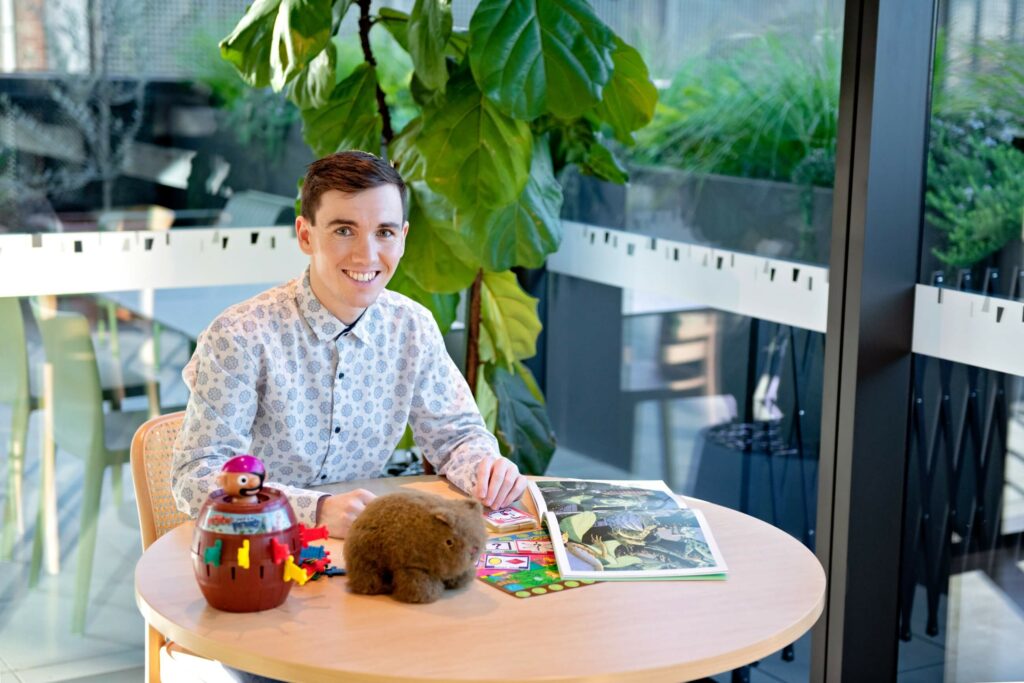
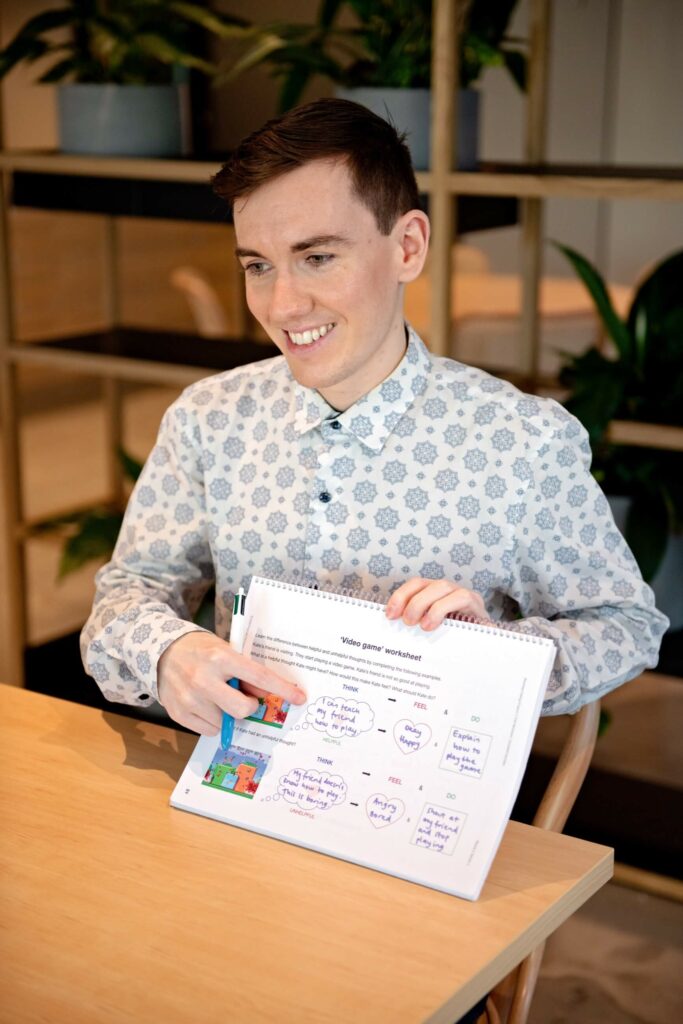
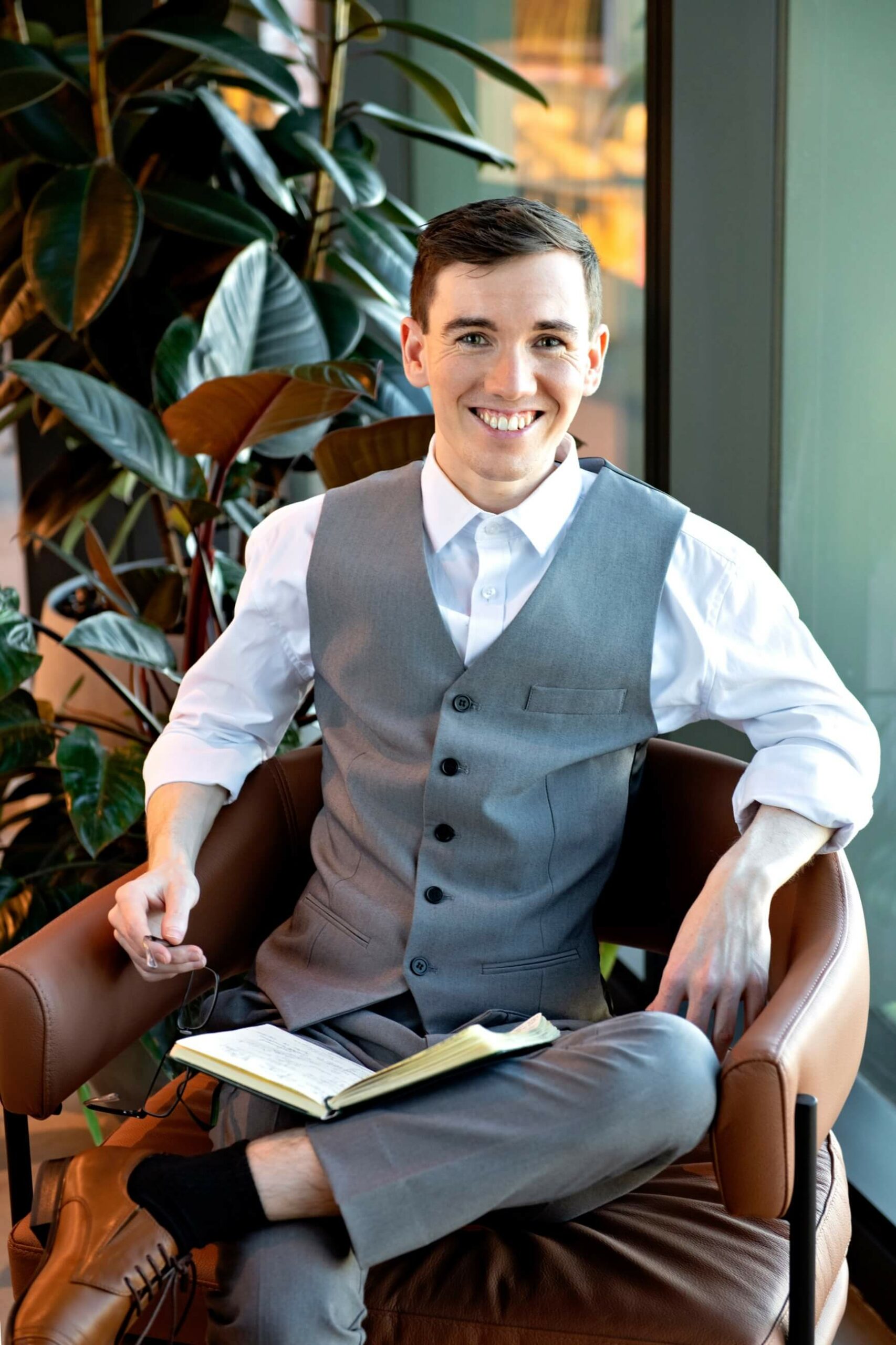
As soon as you have an inkling that something is not “right”, assessments and diagnostics should be your first stop. You may have been referred here by a teacher, GP, paediatrician, or even a fellow parent with previous experience. The reason your child needs an assessment is to benchmark ability and potential. From there, we’ll have a better idea of their goals and the steps we need to take to help them make progress.
Some assessments will be able to give us an indication of possible co-existing conditions, such as autism spectrum disorder, ADHD, or dyslexia. Other assessments will provide a diagnosis such as developmental language disorder, speech sound disorder, or stuttering. Knowing can be scary. But, the sooner we find out, the faster we can do something about it - and the better your child’s chances of making long-term progress.
Oral Language Assessment
Autism Evaluation
Academic Achievement Assessment
Speech Sound Assessment
Speech Fluency (Stuttering) Assessment
Social and Emotional / Social Communication Assessment
School Readiness and Prep Screening
Behaviour Assessment
Mental Health Assessment
Physical Skills Assessment
Cognitive assessment
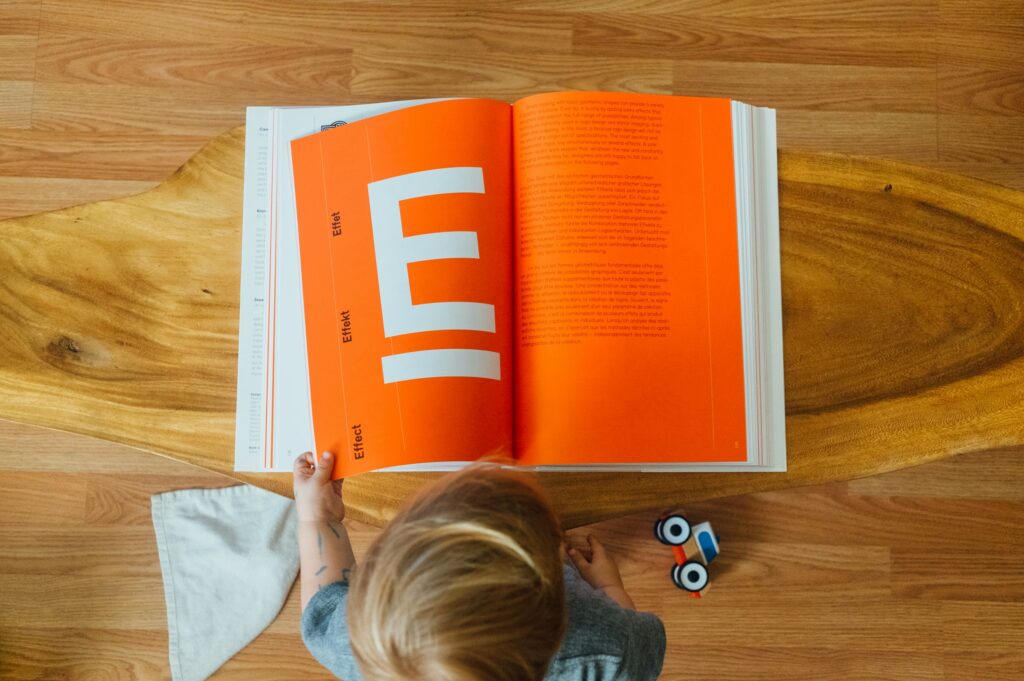
In an oral language assessment, your child will listen to and talk in words, sentences, and stories to identify their strengths and areas for improvement in their receptive oral language (listening and understanding) and expressive oral language (speaking) compared to other children their age. It will assess your child’s vocabulary, listening comprehension, following directions, and grammar and sentences so we can make a plan to grow the skills they find difficult and build on their strengths. Some oral language assessments focus only on particular parts of language such as storytelling or vocabulary.

In an autism evaluation we will talk about your child’s communication skills, social interaction, emotional skills, behaviour, and interests and do activities to show me these skills. The assessment will show us how likely it is that your child has autism spectrum disorder and where your child needs support to grow their social, emotional, and communication skills. It does not diagnose autism in isolation but rather is an integral part of the multidisciplinary process to receiving a diagnosis.
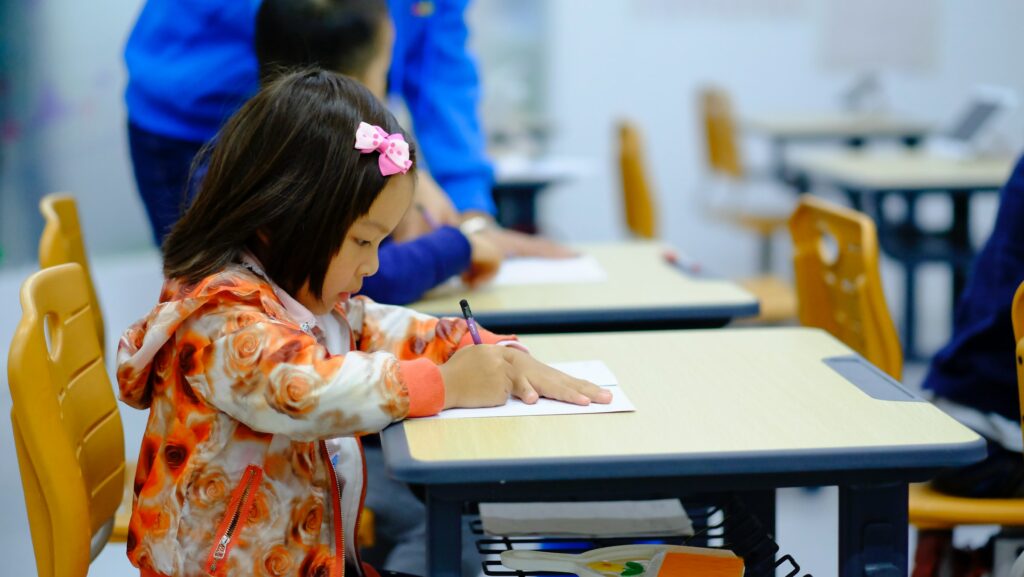
In an academic achievement assessment, your child will read, write, spell, add, subtract, multiply, and do problem solving to identify their strengths and areas for improvement in their literacy and mathematics skills compared to other children their age. This assessment will help us to see the skills that your child needs to work on and the skills that they already have so we can help them to learn.

In a speech sound assessment, your child will say words and sentences to show any speech sound errors and how easy it is to understand their speech compared to other children their age. Sometimes speech sound errors are appropriate for their age and other times they are not. Then we can make a plan to practice the speech sounds they need to work on to make their speech clear and easy to understand.

In a speech fluency assessment, your child will say words, sentences, and a story to see if they have any stuttering and how much they stutter. The assessment will compare their speech fluency to other children. Then we can make a plan to increase your child’s speech fluency so they are able to say more of what they want to say without getting stuck or being bumpy.

In a social and emotional / social communication assessment, your child will listen and respond to social situations, including understanding social cues, understanding and using conversation skills, understanding and using non-verbal skills, and expressing emotional skills. You may also complete a questionnaire based on your child’s social and emotional skills at home. This assessment will help us to see the social and emotional skills your child needs to work on the skills that they already have so that we can help them to learn.

In a school readiness or prep screening assessment, your child will listen, read, speak, write, and do maths to identify if they are at risk for speech, language, or learning difficulties or disorders. The screening covers understanding and processing language when listening and reading, retrieving and formulating language when speaking and writing, using verbal and non-verbal communication in various social contacts, learning letter names and their sounds, rhyming, and sound play, blending sounds into words with fluency and comprehension, maintaining focus and regulating behaviour to learn and store information, counting, grouping objects, and calculating simple maths facts and operations, and producing speech sounds that are age-appropriate.
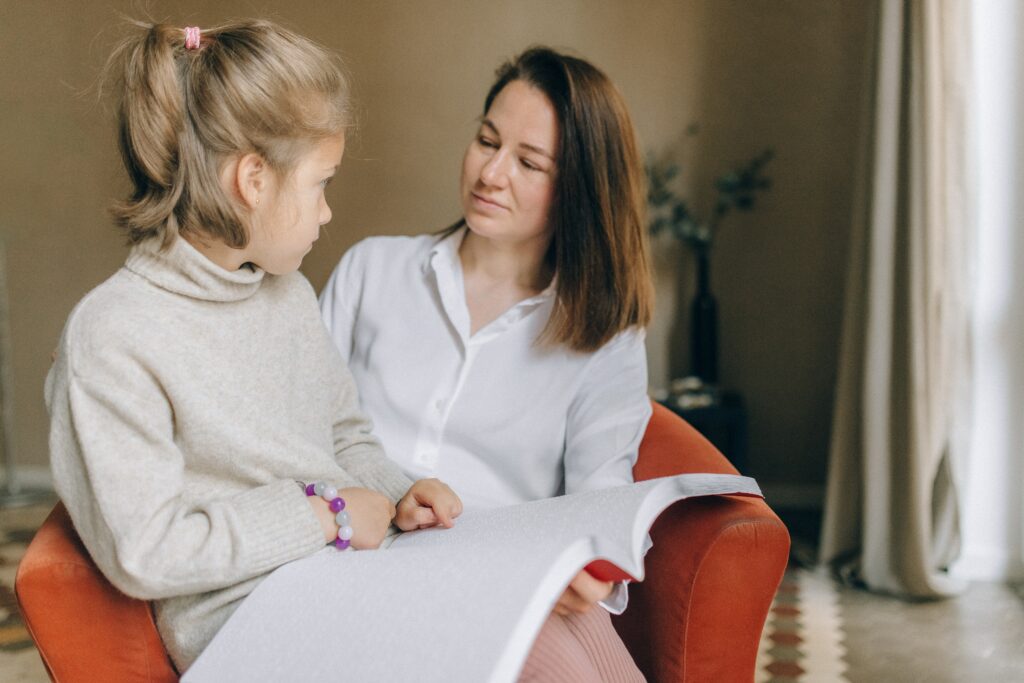




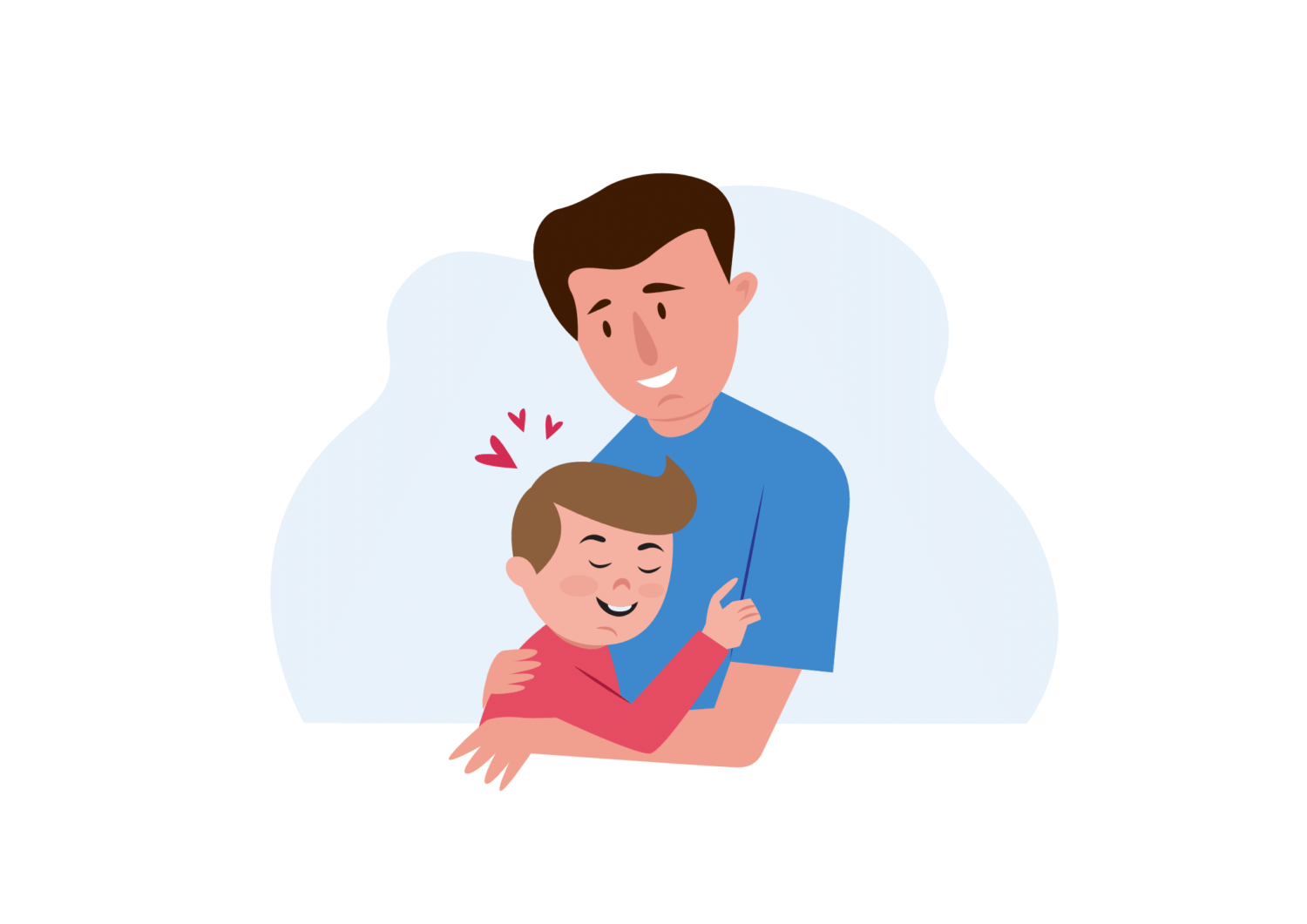
Families may wish to use funding to help pay for the cost of assessment. If you already have NDIS funding then you can use your child’s NDIS funds for assessment. Children under the age of seven may be able to get NDIS funding based on needing a range of support from multiple professionals such as speech pathologists, occupational therapists, and psychologists. Children under the age of seven do not need a diagnosis to get NDIS early childhood funding. Typically children above the age of seven do need a diagnosis to get NDIS funding or to continue to get NDIS funding. You may like to get an assessment for this purpose. NDIS funds may be managed by the NDIA (agency managed), managed by an external plan manager (plan managed), or managed by yourself (self managed). I am able to provide services to all NDIS participants.
Funding may be available to help you in tackling your child’s challenges through Australia’s National Disability Insurance Scheme (NDIS). The cost of therapy can add up. Families will find it helpful to tap into whatever assistance that may be available to them. Funding may also be available to help your child at school, develop their academic skills, and support their teacher and other school staff. Funding will be one of the first things for us to consider when completing assessments with your child.
Families may also be able to use their private health insurance to cover some of the cost of assessment. The amount that is covered depends on the private health insurance company so check with your private health insurer.
Families may also be able to get a rebate from Medicare to cover some of the cost of assessment. You will need to get a referral from a medical professional such as a general practitioner (GP) or paediatrician to be able to get a Medicare rebate. A GP can start a chronic disease management plan (previously enhanced primary care plan) for a paediatrician or other specialist can write a referral with medicare items (typically Medicare item 110 or 116) to cover some of the cost of assessment. The Medicare rebate that you receive from a paediatrician or specialist is higher than the rebate from a GP (approximately $55 rebate for a referral from a GP and $77 rebate for a referral from a specialist).
Only one type of funding (NDIS, Medicare, private health insurance) may be used to cover some of the cost of assessment.